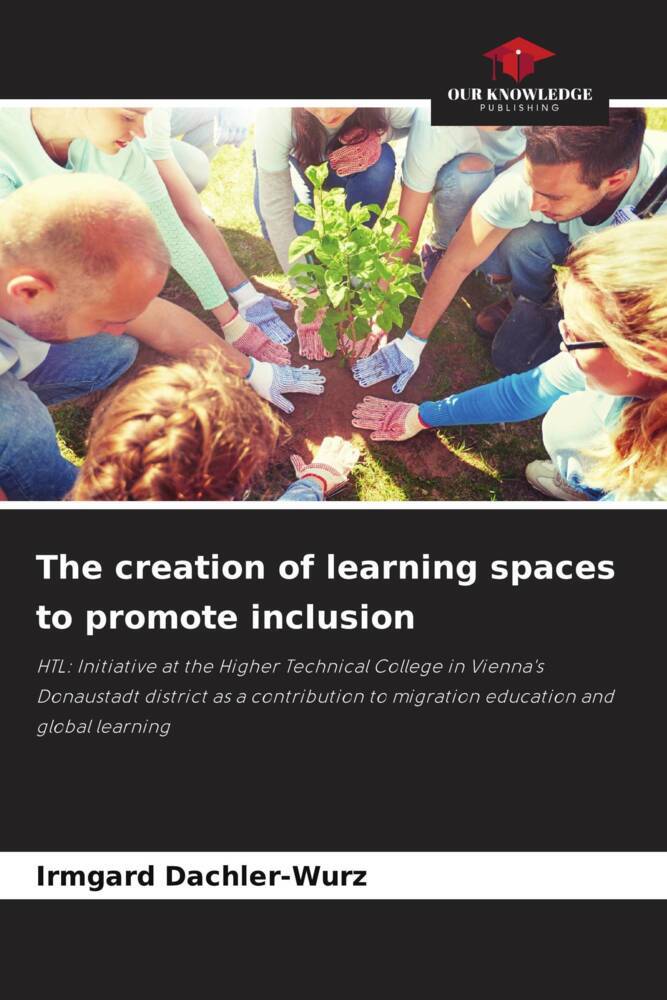
Zustellung: Sa, 12.07. - Mi, 16.07.
Versand in 5 Tagen
VersandkostenfreiBestellen & in Filiale abholen:
This thesis deals with the creation of learning spaces to promote inclusion at higher technical colleges. Using three school classes at htl donaustadt, the concept of HTL:Impuls (holistic learning with brain, heart and hands; student-centred diversity of methods and motivating practical relevance based on personality development and social competence) is examined and tested for its usefulness in migration education and global learning. Important terms, methodological approaches (e. g. observational participation, self-reflection of the researcher) and the scientific framework are explained. The thesis then focuses on theoretical considerations on the topic of 'learning spaces' and practical examples within the framework of the HTL:Impuls concept (compulsory SOPK exercise, personality development seminars, workshops, projects, student-centred working methods). The different dimensions of the learning space are analysed. Important for the students are space and time for reflection, which make a significant contribution to migration education and global learning in the three diversity classes examined.
Produktdetails
Erscheinungsdatum
30. Juni 2025
Sprache
englisch
Seitenanzahl
96
Autor/Autorin
Irmgard Dachler-Wurz
Verlag/Hersteller
Produktart
kartoniert
Gewicht
161 g
Größe (L/B/H)
220/150/6 mm
Sonstiges
Großformatiges Paperback. Klappenbroschur
ISBN
9786208416409
Entdecken Sie mehr
Bewertungen
0 Bewertungen
Es wurden noch keine Bewertungen abgegeben. Schreiben Sie die erste Bewertung zu "The creation of learning spaces to promote inclusion" und helfen Sie damit anderen bei der Kaufentscheidung.









